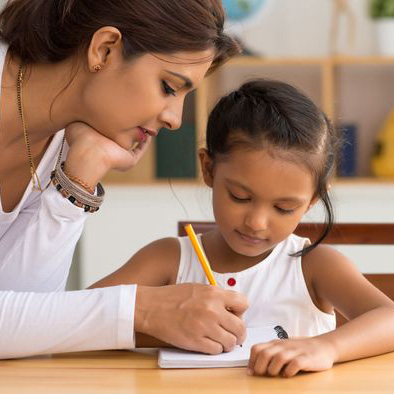
What is Special Education?
Special education is a vital field focused on educating individuals with diverse learning styles. Many people often associate special education with children who have disabilities or developmental disorders, but the broader concept includes other groups with unique educational needs. Let’s explore this further:
Special education refers to tailored and individualized instruction for individuals with varying learning needs. The goal of special education is to provide an environment that enables students to grow in all aspects of life, including education, social skills, and independence.
Special Education is the Work of the Special Educator
It involves a wide range of services, including Learning Support for children with:
- Specific Learning Difficulties (Dyslexia, Dyscalculia, Dysorthography, Dysgraphia, etc.)
- Intellectual Disabilities
- Language Disorders
- Sensory Impairments (such as vision and hearing problems)
- Attention and Concentration Disorders (e.g., ADHD)
Behavioral modification for children with:
- Developmental Disorders (e.g., Autism)
- Adaptation and Behavioral Difficulties
Teaching alternative communication methods for children with:
- Hearing Impairments
- Autism
- Severe Intellectual Disabilities
Additionally, it includes Parent Counseling on educational matters.
Types of Special Needs
In special education, we encounter various types of special needs. Each student has unique needs, and special education provides the essential support framework to meet them. Specifically, special education focuses on supporting and educating individuals with special educational needs. These needs may stem from factors such as intellectual or physical disabilities, learning difficulties, or developmental disorders. Educators in special education have specialized knowledge and skills to adapt the educational process to meet the needs of these students.
Special education addresses a wide range of individuals, including:
- Students with learning difficulties, such as dyslexia, dyscalculia, dysgraphia, and dysorthography
- Children with autism, Down syndrome, or other genetic disorders
- Students with intellectual or physical disabilities
- Children with attention and hyperactivity disorders, as well as other special needs that affect their education
Special education teachers collaborate with child psychologists, speech therapists, occupational therapists, and other specialized professionals. Together, they use various methods and approaches to help students meet educational requirements and develop their skills.
When is Special Education Needed?
The need for special education can arise at various stages of a person’s life. Typically, the first signs are identified during preschool and school years.
Students with learning difficulties may struggle with reading, writing, or understanding mathematical concepts. These students may need extra time, individual support, or adapted lessons to achieve their educational goals.
Beyond school, special education may still be necessary for individuals with special needs. For example, adults with intellectual or physical disabilities might require support for vocational training or social integration.
Students who require special education can present varying levels of need, from mild to severe. Assessment of their needs is carried out by specialized professional teams.
What Exactly Does a Special Educator Do?
A special educator is a teacher responsible for educating children with special needs. They design and implement individualized educational programs in collaboration with other teachers and specialists on the team.
The special educator provides essential support and guidance to students, helps develop their skills, and facilitates their integration into society. They also work closely with families and other community members to create a comprehensive support environment.

